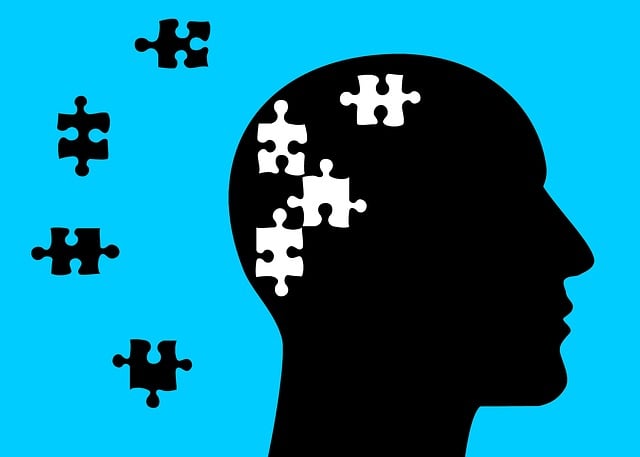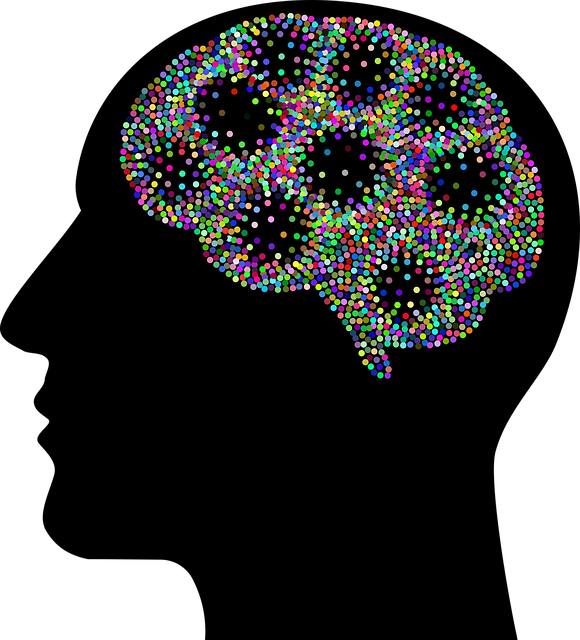Mental wellness apps, incorporating evidence-based practices such as Denver Acceptance and Commitment Therapy (ACT), are growing in popularity as tools for stress management and trauma support. These apps provide accessible self-care solutions through intuitive interfaces featuring mindfulness exercises, cognitive reframing, goal tracking, crisis intervention guidance, and community access. By integrating ACT principles, they promote emotional intelligence, aid symptom management, and foster long-term emotional well-being, enabling users to live more fulfilling lives.
In today’s digital age, mental wellness apps are transforming access to care. “Understanding Mental Wellness App Development: A Comprehensive Guide” delves into the creation of effective tools for managing mental health. We explore Denver Acceptance and Commitment Therapy (ACT) principles as a promising integration, offering evidence-based strategies for well-being. This article guides developers through key features and considerations, from user interface design to data privacy, ensuring apps foster positive change. Unlock the potential of digital therapeutics with this insightful resource.
- Understanding Mental Wellness App Development: A Comprehensive Guide
- Denver Acceptance and Commitment Therapy (ACT): Principles and Potential Integration
- Key Features and Considerations for Building Effective Mental Health Apps
Understanding Mental Wellness App Development: A Comprehensive Guide

Mental wellness app development is a growing field aimed at addressing various aspects of mental health and well-being. A comprehensive guide to this process involves understanding the intricate needs of users, from stress management and positive thinking to more specialized treatments like Denver Acceptance and Commitment Therapy (ACT). These apps play a pivotal role in promoting self-care, offering accessible tools for anxiety relief and trauma support services.
The journey begins with researching and incorporating evidence-based practices that resonate with diverse user populations. Developers must consider the impact of design choices, ensuring interfaces are intuitive and supportive. By integrating features that encourage mindfulness, cognitive reframing, and behavioral activation, apps can foster a sense of empowerment and resilience. This holistic approach to mental wellness app development not only aids in managing symptoms but also encourages long-term emotional well-being.
Denver Acceptance and Commitment Therapy (ACT): Principles and Potential Integration

Denver Acceptance and Commitment Therapy (ACT) is a powerful therapeutic approach that focuses on helping individuals accept their experiences while committing to valued actions. This therapy emphasizes the importance of mindfulness, self-acceptance, and cultivating a sense of psychological flexibility. By integrating ACT principles into mental wellness app development, creators can offer innovative solutions for emotional healing processes.
The potential lies in combining ACT’s core components with crisis intervention guidance within the app’s features. Users could benefit from tools that encourage mindful awareness, track progress towards personal goals, and provide tailored exercises for navigating difficult emotions. Mental wellness coaching programs developed along these lines have the capacity to reach a wide audience, offering accessible and effective support for those seeking to enhance their mental resilience and overall well-being.
Key Features and Considerations for Building Effective Mental Health Apps

The development of a mental wellness app requires careful consideration of key features to ensure its effectiveness and user engagement. One evidence-based approach that can be integrated into app design is Denver Acceptance and Commitment Therapy (ACT). ACT focuses on promoting emotional intelligence and psychological flexibility, which are essential for managing mood disturbances and fostering emotional healing processes.
Effective apps should offer personalized tools tailored to individual needs. This includes features like mood tracking, mindfulness exercises, cognitive reframing techniques, and access to supportive communities. By combining these elements, users can develop a deeper understanding of their emotional patterns, learn coping strategies, and work towards living more fulfilling lives. Additionally, incorporating interactive elements such as gamification and social integration can enhance user engagement and encourage consistent use.
The development of mental wellness apps, particularly integrating Denver Acceptance and Commitment Therapy (ACT) principles, offers a promising avenue for enhancing access to effective psychological support. By focusing on key features like personalized content, evidence-based practices, and user engagement strategies, developers can create tools that foster resilience and promote well-being. With careful consideration of privacy, ethical guidelines, and diverse user needs, these apps have the potential to revolutionize mental health care, making it more accessible and tailored to individual journeys.














